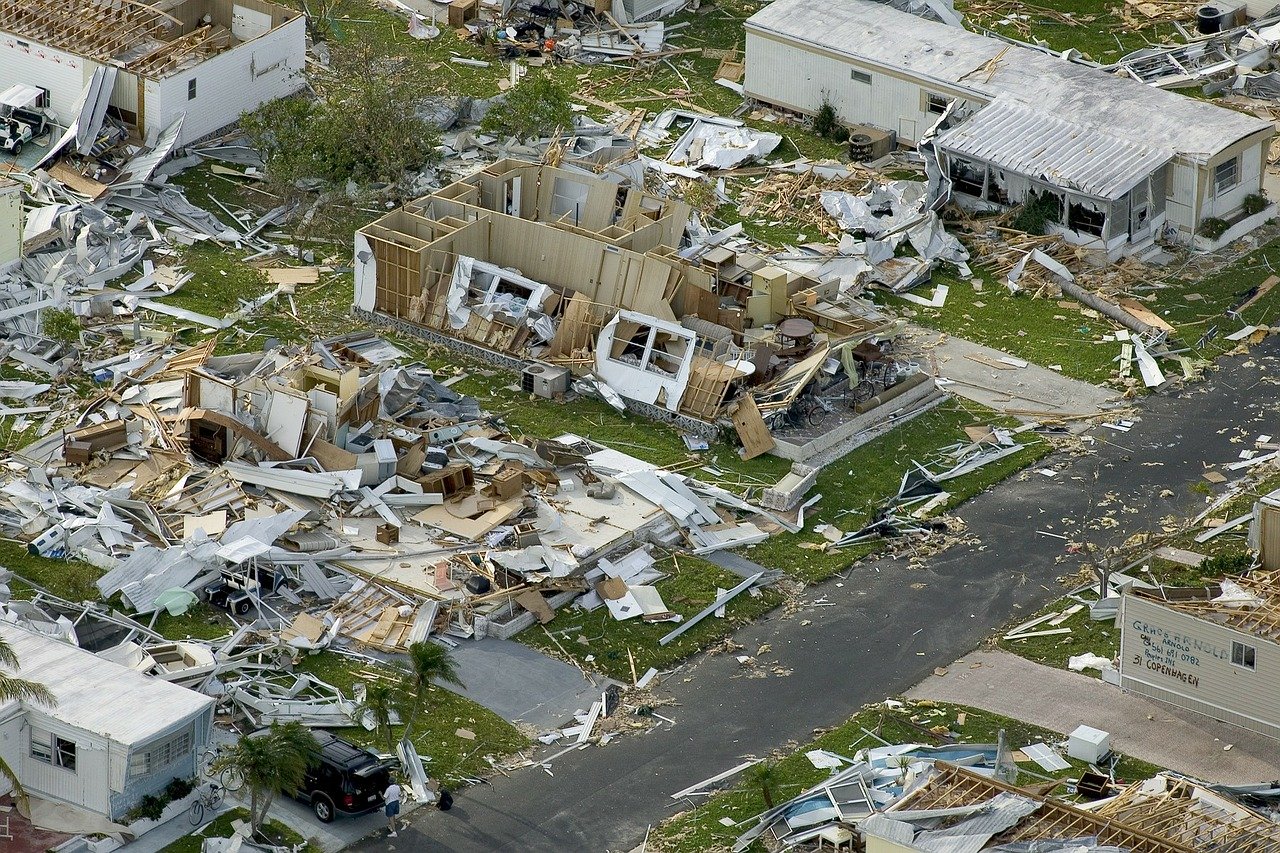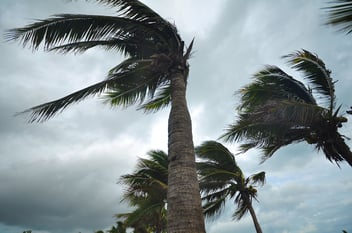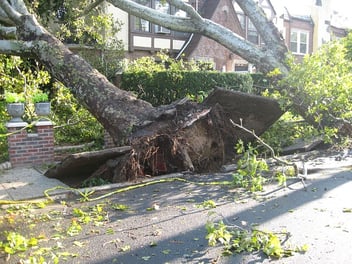No one wants to be stuck in the chaos of a hurricane. Let alone deal with all the damage and devastation afterward.
But… it happens. And it’s out of our control.
The least you can do is be prepared with insurance that’ll be sure to cover your losses.
Make sure you’re covered with your insurance policies and know how to file an insurance claim by following these 5 simple steps:
1. Find your insurance policy
You won’t know what you’re covered for and what you’re not covered for until you find your insurance policy. So make sure you find it and read it over carefully.
Damage from a hurricane might be from water, high winds, or other causes, so make sure you know which of these causes your insurance plan covers. Most insurance policies don’t cover flood damage and you may have to get separate insurance for flood damage.
You won’t know exactly how to file an insurance claim until you read your insurance company’s specific policy. Review your insurance policy so you know what your deductibles are and what steps you’ll need to take next to make a claim.
Also, make sure you take note of your policy number since you’ll need this when you contact your representative.
2. Contact your insurer
Most likely, local weather forecasters have already notified your insurance companies about the possible damages. So they may already have a system in place to make it easier to make your insurance claim.
Many insurance companies will have a process to take you through the initial steps on their website or even on an app. And that may be much more pleasant than making a call right away.
But whether you call or go through a process online, make sure you notify them that you are making an insurance claim, give them your policy number, and let them know if you need emergency service or repairs.
3. Document the damage
Make sure to take photos and videos of the damage, so that you’ll be able to prove your insurance claim.
Also, take notes of what’s damaged. Make of list of everything that’s been damaged and try to write down the values of each item if you can (and even better if you have receipts of damaged items or receipts of the cost to repair the damage).
This will help both you and your adjuster. It’ll help you remember all the details of when it first happened and it’ll help your adjuster see the damage in the state it was in right after the storm.
After you’ve documented everything, mitigate damages as much as you can, like holes in the ceiling, but don’t get rid of anything that’s been damaged until an adjuster can document them.
4. Meet with your insurance adjuster
Your insurance company will send an adjuster to come to document the damages and collect any records or receipts from you.
Your insurer’s adjuster may tell you that the damage is not covered in your policy. But be cautious of their word, and make sure you get what you deserve out of your policy.
And that’s where a public adjuster can come in and work miracles for you and your insurance claim.
5. Consider hiring a public adjuster
Dealing with the insurance company and their adjuster can feel completely overwhelming and confusing. Especially when you feel like your adjuster is not giving you answers and payments that you’re entitled to.
Hiring a public adjuster is a great alternative because they don’t work for an insurance company.
They work for you.
You can be sure when you hire a public adjuster that they will do their absolute best to make sure you get the settlement you deserve. Especially since they don’t get paid until you do. Public adjusters normally receive a percentage of the total claim settlement, which means they work diligently for you since that’s how they’ll get paid as well!
Interested in hiring a public adjuster?
Check out our services at United Claims Specialists and learn how we can help.
Click here to learn more!
References
Jacobs, Deborah L. “How To File An Insurance Claim For Hurricane Damage.” Forbes, Forbes Magazine, 13 Sept. 2011, www.forbes.com/sites/deborahljacobs/2011/08/28/hurricane-damage-how-to-file-an-insurance-claim/#2ffd33993627.
Glenn, Alex. “How to Make an Insurance Claim After a Hurricane.” NerdWallet, 1 Nov. 2016, www.nerdwallet.com/blog/insurance/how-to-make-insurance-claims-after-a-hurricane/.
“Facing the Aftermath of a Hurricane – Filing Insurance Claims.” Findlaw, 20 June 2016, practice.findlaw.com/practice-guide/facing-the-aftermath-of-a-hurricane-filing-insurance-claims.html.




 Storm Damage
Storm Damage  Property Damage
Property Damage Appraisal Services
Appraisal Services Contact Us
Contact Us




.jpg)
 claims@ucspa.com
claims@ucspa.com Mon-Fri: 9:00am-5:00pm
Mon-Fri: 9:00am-5:00pm